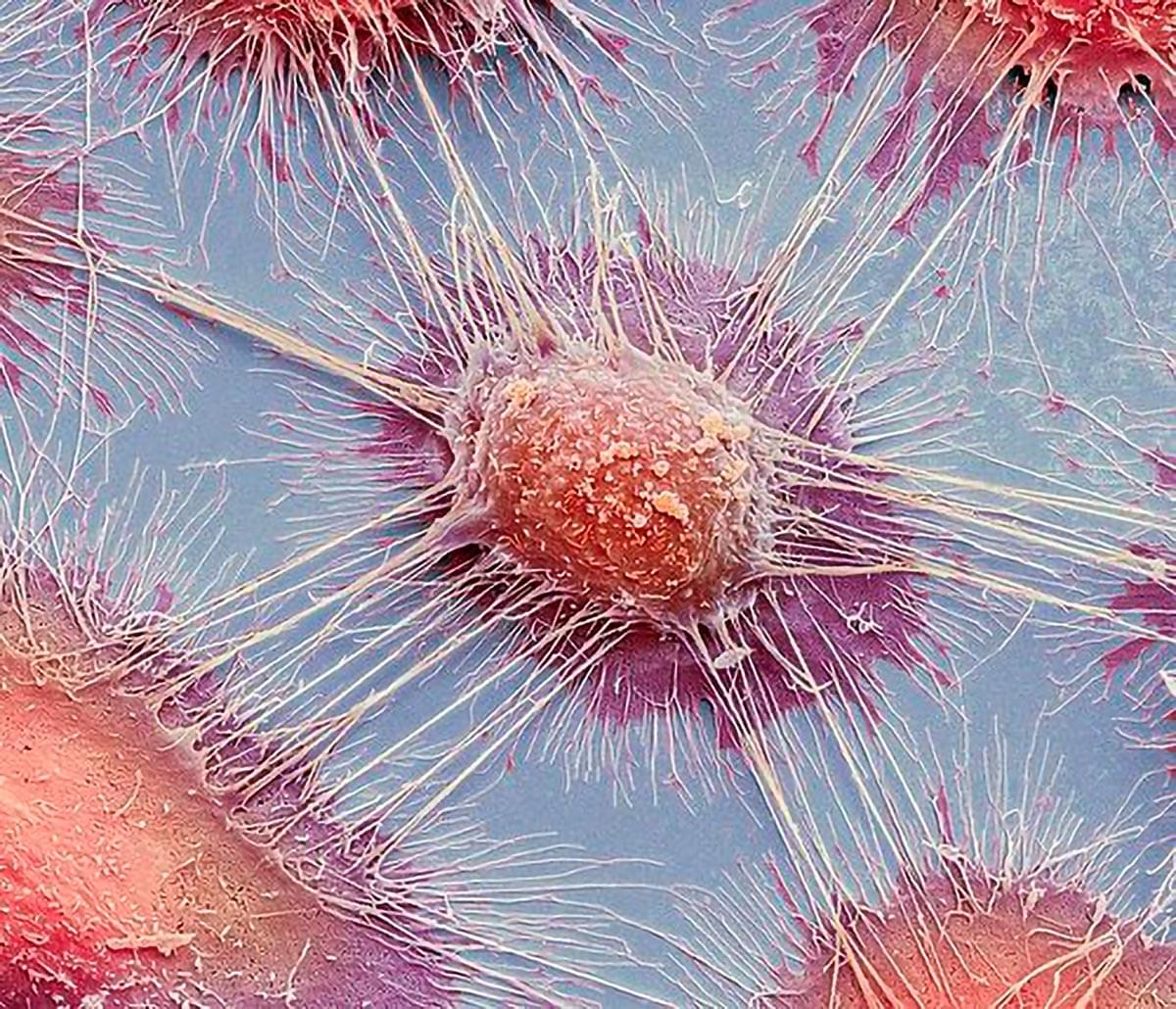The immune system is essential for identifying and eliminating cancer cells. Cancer immunotherapy enhances this process by training immune cells to recognize and attack tumors. However, many cancers develop mechanisms to evade immune detection, leading to resistance to treatment. Understanding the molecular basis of this immune evasion is crucial for improving therapeutic strategies.
The tumor microenvironment (TME)—the area surrounding a tumor—plays a pivotal role in interactions between cancer and immune cells. Cancer cells can manipulate the TME to suppress tumor-infiltrating lymphocytes (TILs), the immune cells responsible for attacking tumors. Mitochondria, often called the “powerhouse of the cell,” generate energy for various cellular functions and play a key role in the metabolic reprogramming of both cancer cells and TILs. However, the exact mechanisms of mitochondrial dysfunction and its impact on the TME remain poorly understood.
